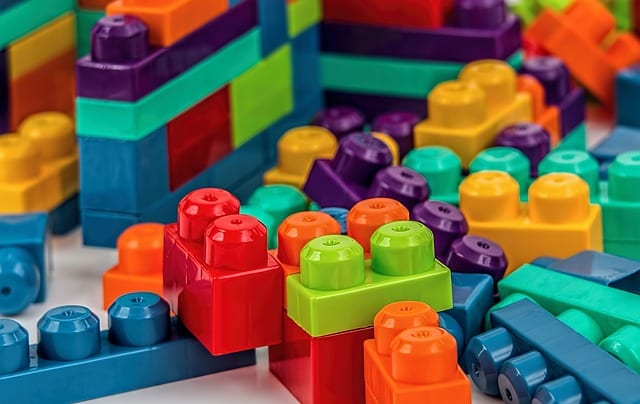Injection moulding is a popular manufacturing process used for creating a wide range of components made from plastics. The selection of the right material is crucial for the success of the project. The material you choose can impact factors such as strength, durability, flexibility, and cost. If you are unsure on the plastic for your injection mouldings, Moldwel can provide a wide range of bespoke services tailored to your needs.
In this article, we explore some of the most common plastics you could use in injection moulding, including their properties and applications. Polypropylene, Polyamide – Nylon, Polycarbonate, and Acrylonitrile Butadeine Styrene are just a few examples.
Choosing the right material plastics for your injection moulding project depends on several factors, including:
The Application:
The first consideration when choosing a plastic for injection moulding is the intended application of the part. You should select the material based on the part’s required properties, such as:
- strength,
- durability,
- flexibility,
- heat resistance,
- or chemical resistance.
Production Volume:
What you expect the production volume is going to be is also an important consideration. Some materials are better suited for high-volume production runs, whereas others may be more appropriate for low-volume production.
Cost:
The cost of the material is another important factor. Some materials are more expensive than others. Therefore, this can affect the overall cost of the production process.
Processing Conditions:
Different materials require different processing conditions. For example, some materials may require a higher melting temperature or longer cooling time than others. It is important to choose a material that can be processed efficiently and cost-effectively.
Environmental Factors:
Environmental factors such as exposure to UV light, moisture, and chemicals can also affect the choice of material. For instance, some materials may be better suited for outdoor use, while others may be more appropriate for indoor use.
Regulatory Requirements:
Depending on the application, there may be regulatory requirements that dictate the choice of material. For example, materials used in medical devices must meet certain safety standards, while materials used in food packaging must be food safe.
Choose the Right Material
Thermoplastic injection moulding is a widely in use for manufacturing parts and components for a range of industries. In the process of injection moulding, thermoplastics are liquified by being heated up in the barrel of the moulding machine. After that, the plastic is cooled and solidified inside the moulding tool. However, depending on the plastic you choose can impact different elements of the production process. Consequently, it is vital you choose the correct one for you application.
Related: 4 Types Of Plastic Moulding
What plastic should be used in injection moulding?
Are you not sure of the best plastic to use for your bespoke project? Let’s take a closer look at some of the most commonly used plastics in injection moulding.
Polypropylene (PP)
Polypropylene (PP) is a cost-effective polymer with a high melting point, excellent impact strength, good resistance to stress and cracking, and good resistance to water, acids, and detergent. It is widely used in a variety of household goods, including First Aid Boxes and Weaving Bobbins for the textiles industry.
Polyamide – Nylon (PA)
Polyamide – Nylon (PA) is a tough, strong material with a high level of stability and is resistant to abrasion, impact, and chemicals. It is commonly found in the products used in the automotive and medical sectors and is extensively used in producing engineering parts used in the lock making industry, as well as internal parts in window and door manufacture.
Polycarbonate (PC)
Polycarbonate (PC) is a naturally transparent, amorphous thermoplastic primarily used when impact resistance and good transparency are needed. Unlike many other thermoplastic polymers, PC can undergo large plastic deformations without cracking or breaking. It is commonly used in the manufacture of DVD disks and medical devices and is also used in the production of lighting diffusers and covers.
Acrylonitrile Butadeine Styrene (ABS)
Acrylonitrile Butadeine Styrene (ABS) is an opaque thermoplastic and amorphous polymer composed of three distinct monomers – Acrylonitrile, Butadeine, and Styrene. Together they create a polymer that is light in weight, flexible, and easily mouldable. ABS has good impact resistance, heat resistance, and toughness and is found in a wide variety of everyday items, including drain pipe systems, miscellaneous kitchen items, and even Lego bricks.
Looking for a plastic injection mouldings company in the UK for your bespoke project?
At Moldwel, we specialise in providing bespoke services for you plastic injection mouldings project. If you’re looking for Injection Moulding in the UK, give us a call on 01922 631252, and our team will be happy to advise you further.
If you enjoyed reading this article you may also like to read our previous post on: Injection Moulding vs Vacuum Forming | Everything You Need To Know

